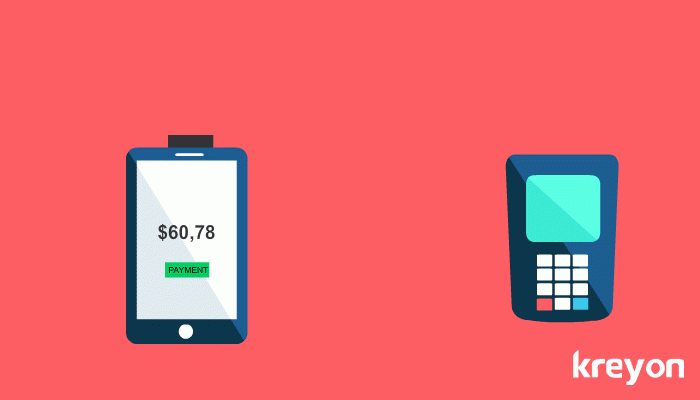Nowadays the list of Forex brokers is staggering and overwhelming. There are so many online Forex brokers available, how is a trader supposed to choose? As such, here is a list of things you should do (for due diligence) before joining a Forex Broker:
Regulation – One of the first steps is to check and see if a broker is regulated by a Financial Services office or organization. A broker will usually be required to provide the license number publicly on their website and also have it readily available if a person asks for it. If you ask a broker to provide the registration number of their regulatory body and they refuse, it raises a red flag. Another method would be to check the regulatory body’s website and inquire or search for the broker. Note that different regulatory bodies enforce different rules for brokers, so researching the requirements and reliability of the regulation is also a good idea.
Reviews – Another method is to find out what other people have to say about Forex brokers and their experiences with them. You can do this through forums, independent broker review websites or through word of mouth. Some websites to check might be Forex Peace Army or 100 Forex Brokers.
Type of broker – It is also important to note the kind of Forex broker you are with: dealing desk broker or a non-dealing desk broker. As a trader you should decide what type is the right one for your personal trading strategy. The main difference is that a dealing desk broker creates an internal market and trades against their clients. A non-dealing desk broker sends clients trades straight through to their liquidity providers.
Liquidity Provider (LP) list – If you do trade with a non-dealing desk broker (or an ECN + STP broker), then it’s a good idea to consider their liquidity providers. These are the financial institutions that process your trades. They also have an impact on the prices you pay to open trades. The LP list determines whether a Broker is a true or false ECN broker. A true ECN Forex broker is one connected to at least one well-known and reliable LP (for example Deutsche Bank or Bank of America).
Services – What services the broker offers are other important factors to consider. Some traders cannot live without certain FX trading tools. For example, they might require VPS Forex support, FIX API setup, auto trading or Mobile trading. However, not all brokers offer the same services. As such, it is important to consider what tools your strategy requires to implement and whether the broker’s policy will allow your type of strategy.
Communication – You want your broker available and willing to help at all times. Test their support out via live chats, phone calls or emails. Doing so will also allow you to enquire about the kind of products and services they offer, also test their willingness to give assistance. Having a contact within your Forex brokerage can be very useful and knowing they are available to assist in the event of any future problems is a very important factor to consider.
Testing – With all these considerations in mind, the best thing to do is test and try a broker out. Many brokers offer free Forex trading demos and are usually willing to contact you and discuss any hesitations you may have. Testing their platform also lets you decide whether you like it or not, for example you might try a Meta Trader 4 demo platform but decide another broker’s platform suits your preferences better. You might also open a live account with a small amount of funding and test the deposit and withdrawal system in place. Testing also allows you to test the extra services and costs involved with your particular broker. If you are unsatisfied, you can always change!


